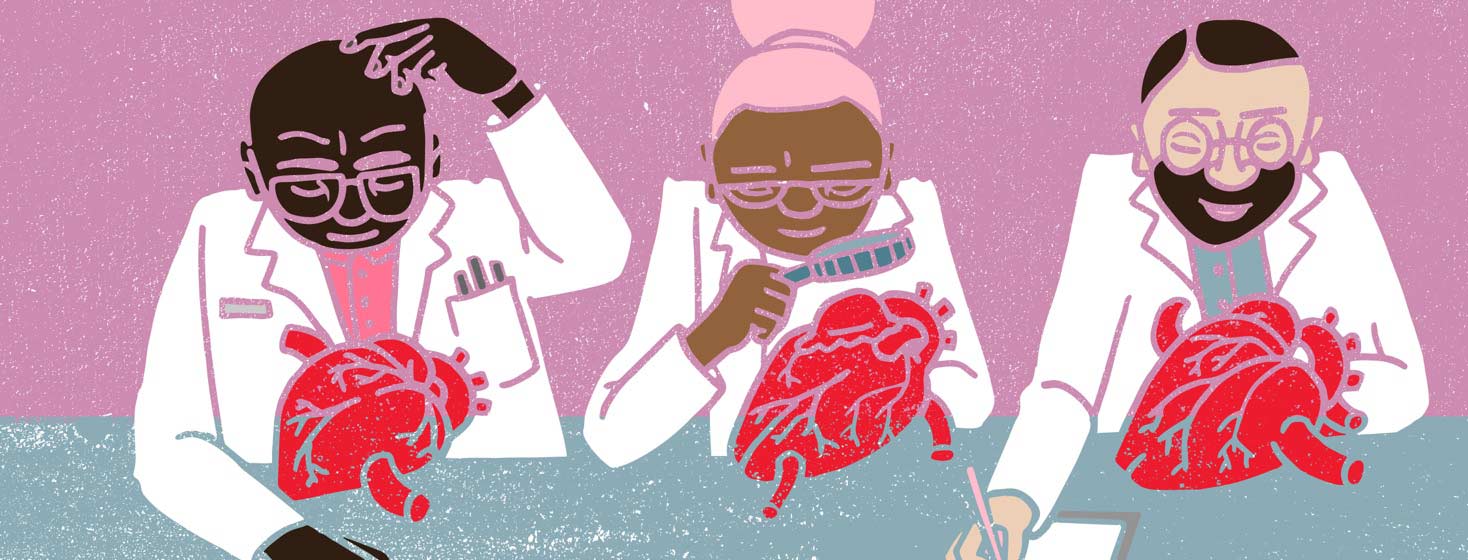When to Get a Second Opinion
One question many people have after diagnosis is if they need a second opinion. It is completely understandable. When you receive a diagnosis which a quick internet search will basically label as a death sentence, you want to know if it is accurate.
You want to negotiate
Another hard part to accept is you cannot see what is wrong. Yes, you feel symptoms, but our brains are very good at convincing us of what it wants us to believe. We have no reason to doubt the doctor is wrong, but it’s kind of like accepting the first offer on a house. You want to negotiate and hopefully, get a better diagnosis.
The easy answer is always
So, when is it appropriate to get a second opinion? The easy answer is always. It is your care and your life. You have every right to get a second opinion whenever you want. The downside is you probably will get the same diagnosis if the proper tests were done. A cardiologist is most likely the one who diagnosed you after an echo. An echo is very accurate in diagnosing heart failure, with a catch. That catch is operator error. In other words, the person performing the echo could have messed up the images and given a false reading. This is what we all hope has happened, but for most it isn’t true.
A balanced view
Don’t expect your second opinion to be any different. The majority will not change. I am not saying not to get one, but don’t set yourself up with false expectations. If yours does change, that is awesome. If it doesn’t, then you know for a fact what is going on in your body and it is time to start fighting it.
One thing to keep in mind is insurance. If you go for a second opinion, it may not be covered for at least a few months. Usually after diagnosis, you have a follow-up echo three months later. You may have to wait for those three months before getting a second opinion. In this time, some people see improvement in their ejection fraction. This does not mean your first doctor was wrong. Your body could have gotten better over that time. It is important to realize this and not try to turn other people away from a good doctor that could help them.
The importance of medications
While waiting for a second opinion, even if you don’t want to accept the diagnosis, your doctor will put you on medications. You should take these medications until you have your second opinion appointment. Chances are you need these, and if for some reason you don’t, they probably won’t hurt you. Again, it is important to note that medications can help with ejection fraction and when you get your second opinion, this could be another reason you are better.
Reciprocal support
Hopefully this helps in a decision for a second opinion and can clear up reasons why you may have a different result on your second opinion that isn’t just doctor error. It is important to be mindful of symptoms during this time and report them to your doctor. Like many people in the community will tell you, an ejection fraction is just a number. Don’t let the initial diagnosis or second opinion get you down. There is a large community here to support you and for you to help support back.

Join the conversation